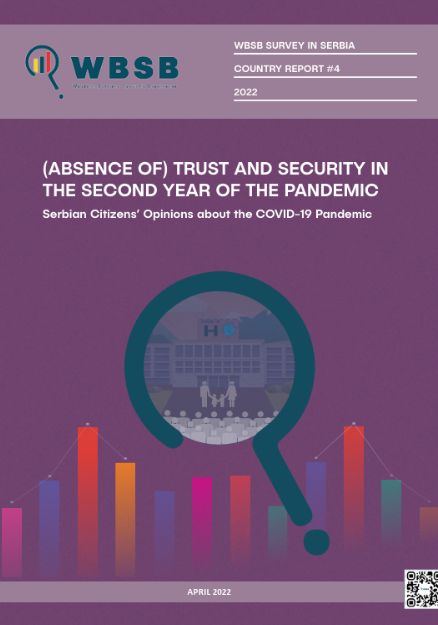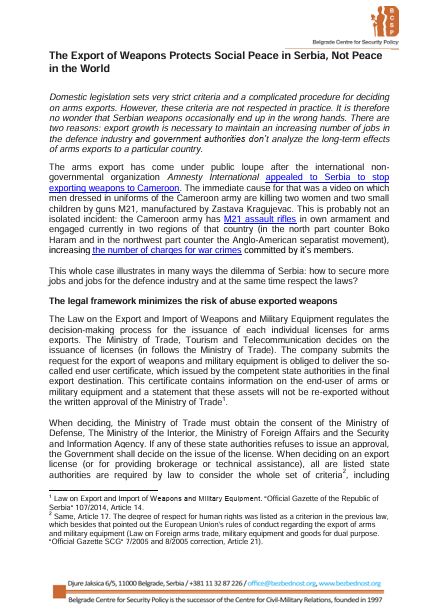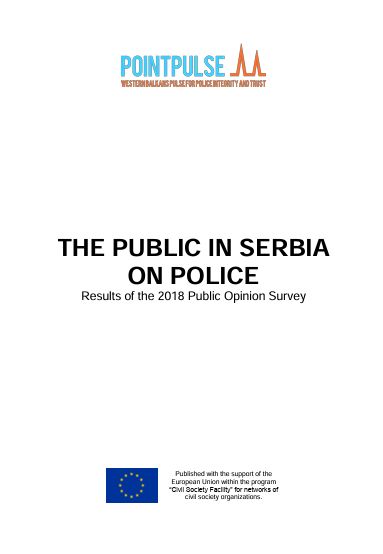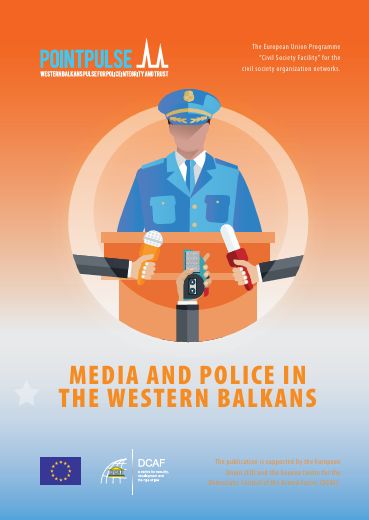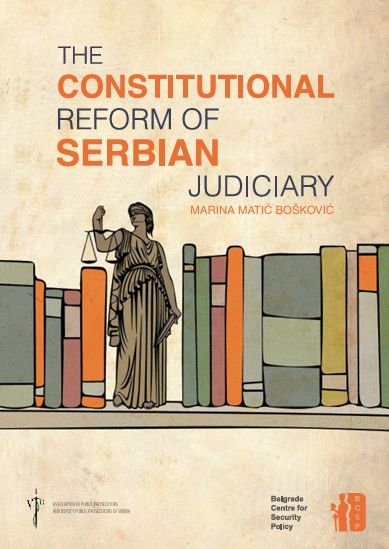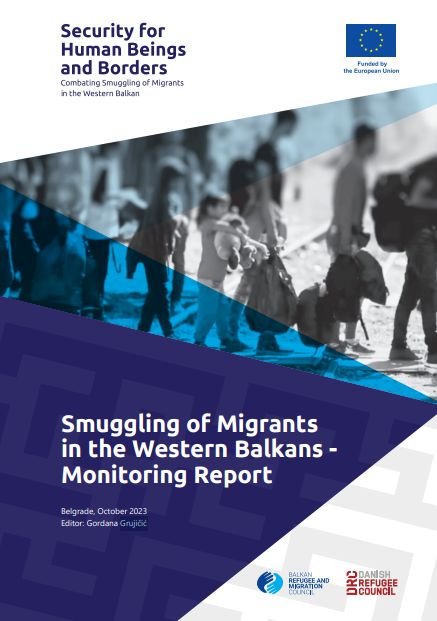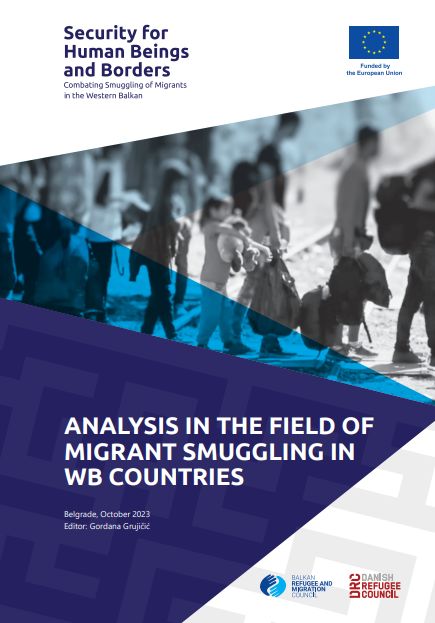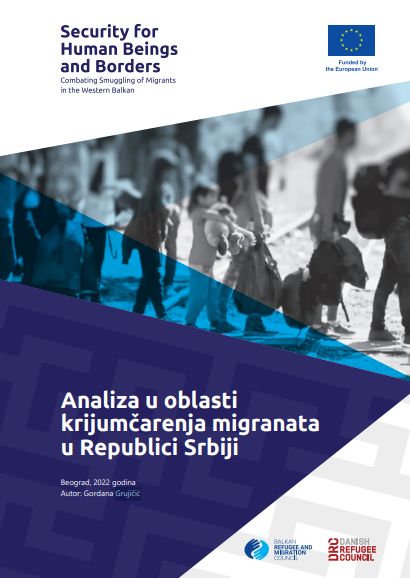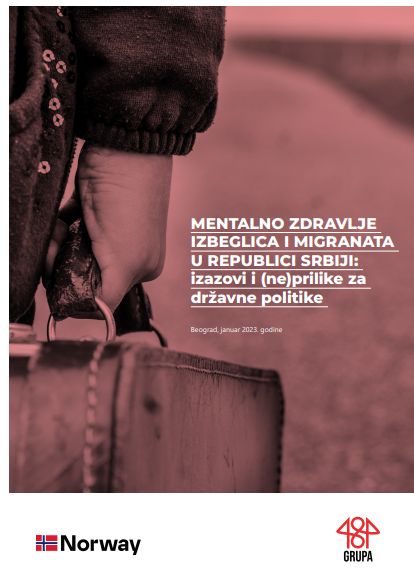Author(s): Tamara Stojanović / Language(s): Serbian
Since the outbreak of the migrant crisis in 2015, the Republic of Serbia has been faced with a continuous influx of migrants on its territory, who leave their country of origin primarily because of war, armed conflicts or persecution. Existing statistical data show that women represent a minority in migratory flows and that the majority of asylum seekers in Serbia are men. Nevertheless, women and girls who set out on their way to Europe from distant countries, such as Syria, Afghanistan, Iran and Iraq, from their country of origin to Serbia cross a long and arduous journey, which is marked by numerous risks. They are at daily risk of violence, exploitation and similar actions perpetrated on them by criminal groups, smugglers, fellow travelers, and cases of illegal actions by the police of the countries they pass through have also been recorded. They also cross impassable areas, live in unhygienic conditions and face many other challenges, which contribute to the development of temporary or permanent physical or psychological consequences. That is why in the Republic of Serbia, in the last few years, the attention of international and national actors has increasingly been focused on the issue of the position of women and girls within the migrant population and the prevention of gender-based violence. Migrants, asylum seekers, refugee women represent a particularly vulnerable group of migrants in our country. Their vulnerability is conditioned by gender and gender stereotypes, and is most often reflected through the gender roles assigned to them in their countries of origin, the representation of various forms of gender-based violence, and insufficiently adapted services that should respond to their specific needs. In order to look at the unfavorable position of women in migration as comprehensively as possible, it is necessary to understand the traditional heritage, cultural context, as well as the geographical and historical circumstances of the countries from which they come, and then it is necessary to identify the key challenges that women face during the journey, that is, during their stay in certain countries.
More...
